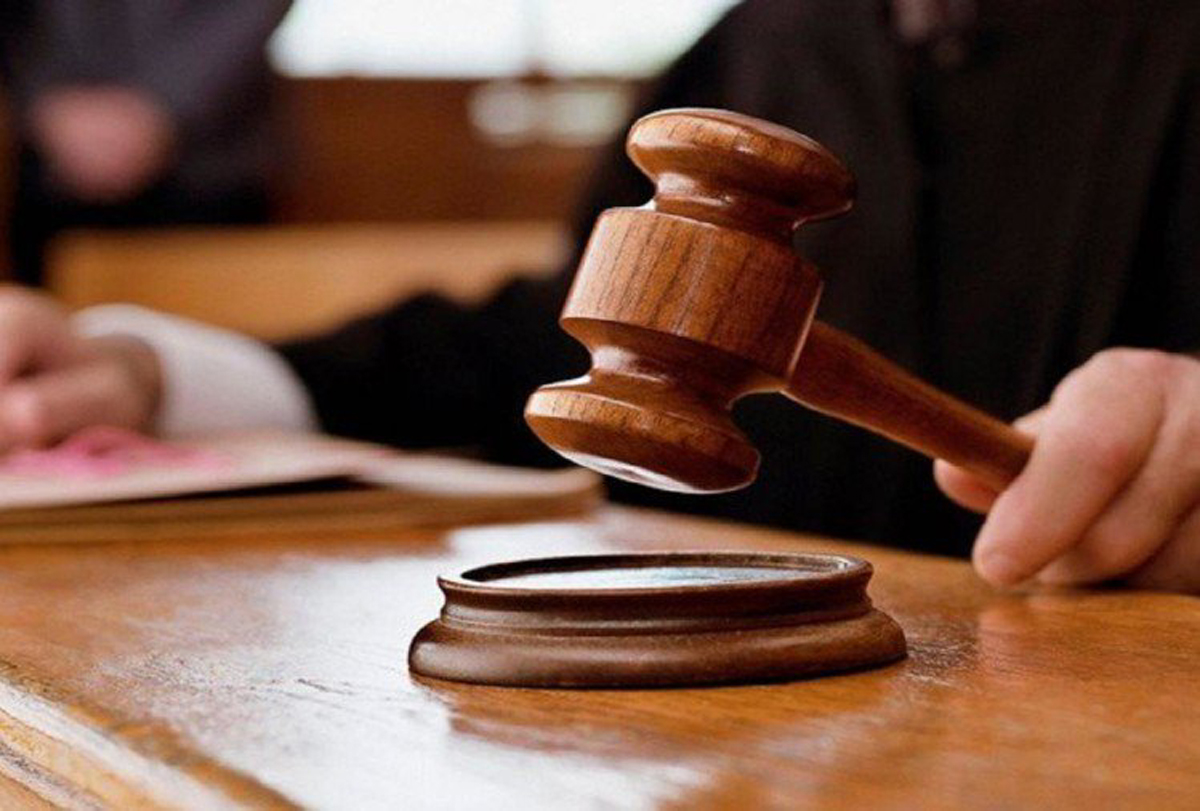Excelsior Correspondent
SRINAGAR, May 8 The High Court today issued notice to Central and State Governments to file their response to the plea challenging amendments made to Jammu and Kashmir Reservation (Amendment) Ordinance Act, which provides reservation to the persons residing adjacent to the International Border.
The ordinance has been issued by the Ministry of Law and Justice Government of India on the approval of Union Cabinet and has been challenged before the court by way of writ petition by general secretary of National Conference (NC), through his counsel Aijaz Ahmed Chisti seeking a direction from court to declare JK Reservation Ordinance Act, 2019 and Constitutional order, 2019 as unconstitutional and be quashed accordingly with a further prayer that respondents be directed not to give effect to these amendments.
Justice Tashi Rabstan issued notice to Union of India, through Ministry of Home Affairs (Department of J&K Affairs) New Delhi, Ministry of Law & Justice (Legislature Department) Govt. of India, New Delhi, Union Cabinet, through Cabinet Secretary New Delhi and State of J&K, through Chief Secretary, Civil Secretariat Srinagar/Jammu. The Court directed the respondents to file their response by or before next date of hearing which has been fixed in the 2nd week of July.
The petitioner stated that the President of India, after having issued proclamation under Article 370 of the Constitution of India, had no power to amend J&K Reservation Act, 2004, which is a State Act, by issuing the Ordinance in exercise of the powers purportedly vested in him under Section 9 of the Constitution of J&K.
He stated that whenever a President’s rule is declared under Article 356 of the Constitution of India, in any State the functions of the State Government vest with the President and the power of Legislature that is the power to make or amend laws vests with the Parliament. “It is only the Parliament which can make or amend any law during the President’s rule. In that view of the matter it was not the President but the Parliament which could amend a State Law,” the petition submitted.
The petition also clarified that under Article 356 a mechanism is provided where-under Parliament can delegate its power to the President. It would, however, require the Parliament to pass an act delegating such power to the President. When such an act is passed by the Parliament it is only thereafter that the President gets the power to amend a State Law.
The petition also mentioned that in 1992 when the State was under President’s rule, Parliament passed J&K State Legislature (Delegation of Powers) Act,1992 pursuant to which, the President made an amendment in J&K Public Safety Act which means that President has no power on its own to amend a State Law.
Trending Now
E-Paper


